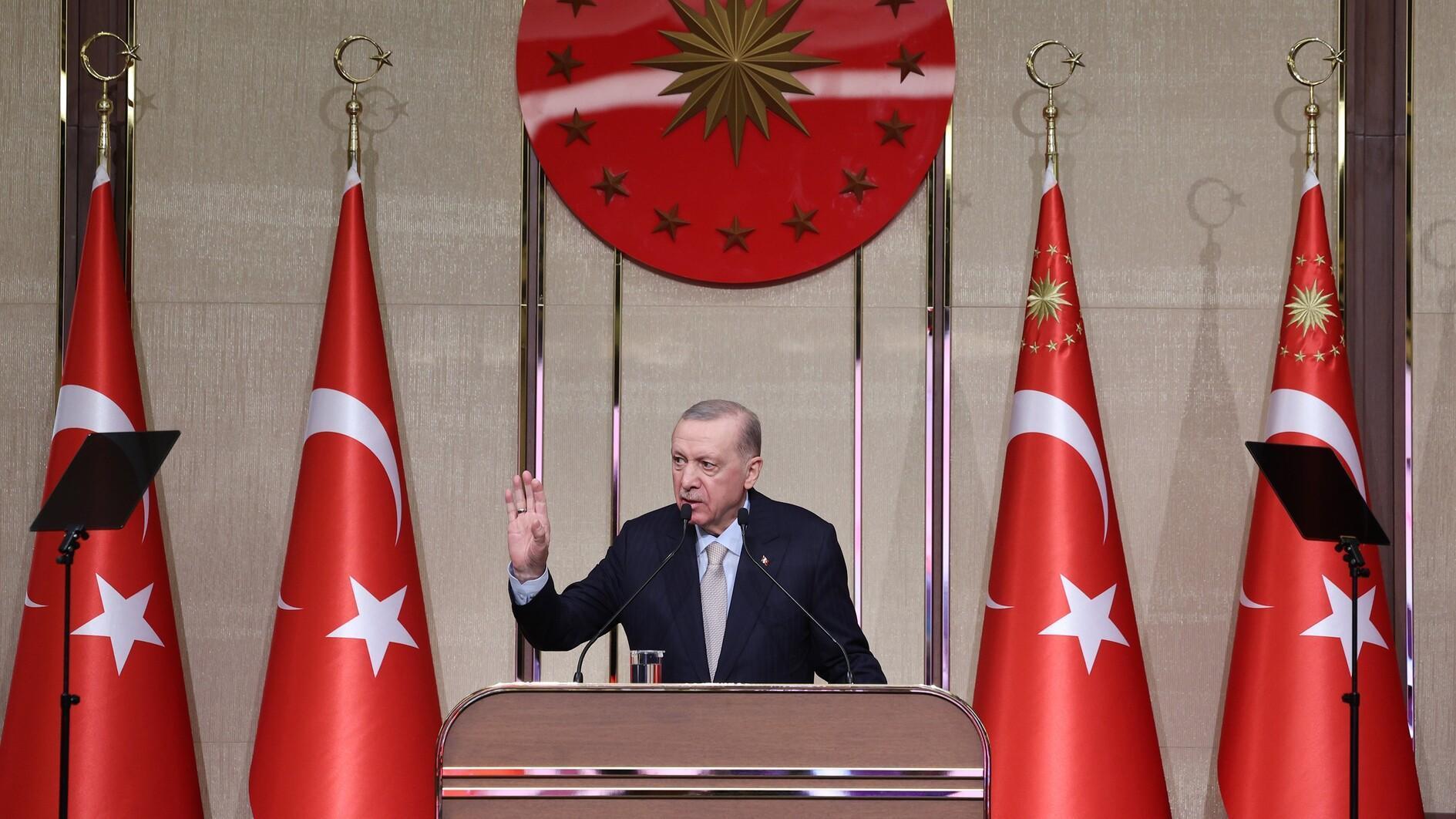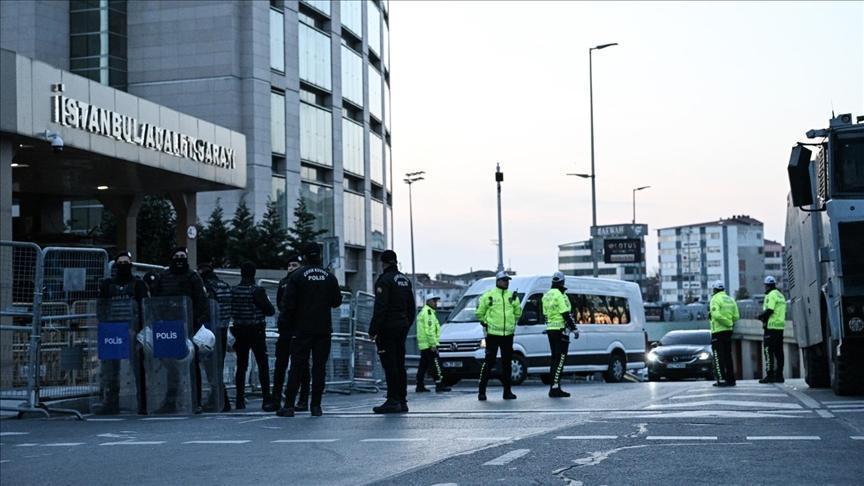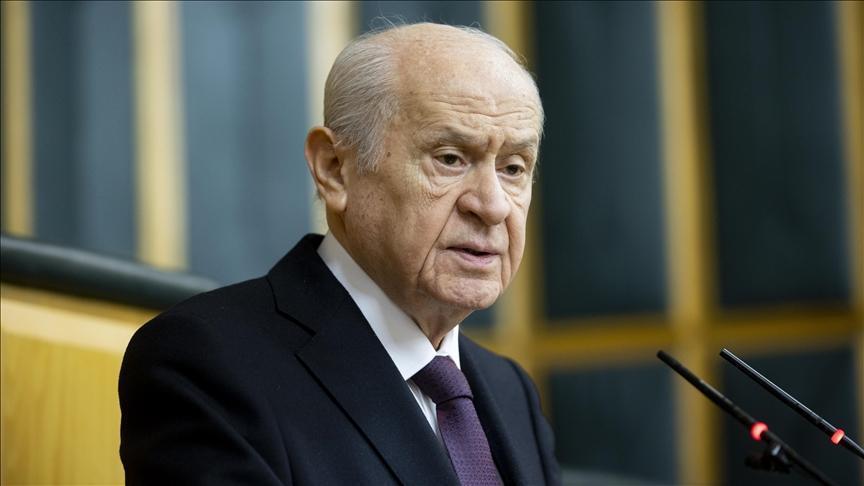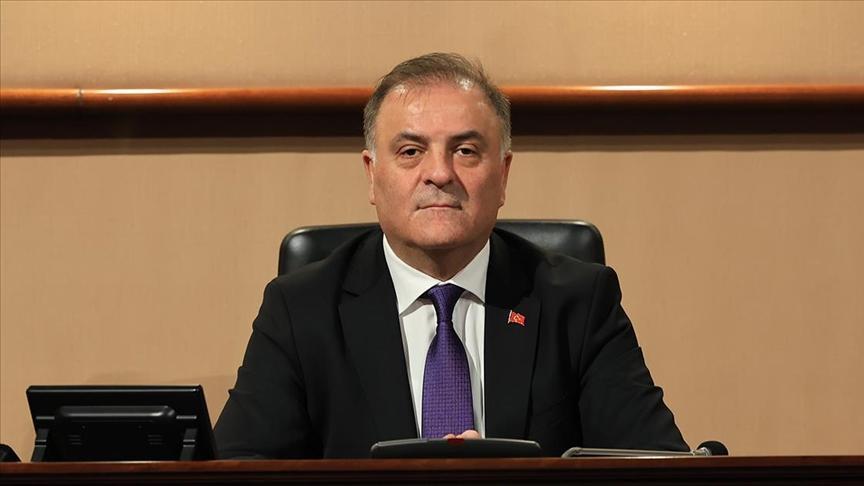Increased visibility has led to a serious drop in prejudice against the Roma
Barçın Yinanç - barcin.yinanc@hdn.com.tr
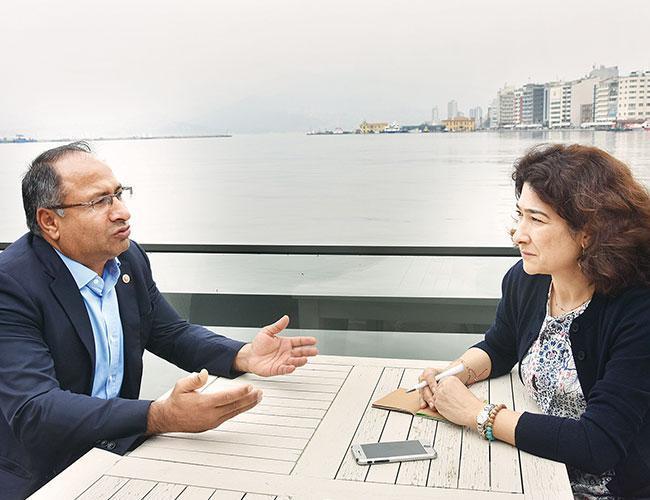
Prejudice against the Roma still continues, but there have been significant changes in society’s negative perceptions towards them, according to Turkey’s first Roma parliamentarian. Despite positive changes in perceptions, access to education, shelter, and employment remain key problems, said Özcan Purçu, a member of the opposition Republican People’s Party (CHP).
What are the current key problems of the Roma people?
The key problems are access to education, shelter, and employment, which are interrelated. When you do not have a good education, you cannot find a job. We are the only group that lives below the poverty and hunger line. Ninety-six percent are unemployed. Most work jobs in the informal economy.
Even though education is compulsory and free in Turkey?
It is not enough to give books for free. The Roma cannot send their children to school because they cannot afford notebooks or pens. Children do not even have shoes. We cannot even meet our daily needs and that is why most of the children are forced to leave primary school.
Can you elaborate on the problem of shelter?
First of all, we live in tents and huts. Second, Romani quarters used to be outside of the city. As cities became bigger, they are now right in the middle of their quarters, where there is huge rent for property developers. Urban transformation has become an urban catastrophe for us. People are uneducated and one day, a well-dressed lawyer comes and tells them to have 30 thousand Turkish liras or their home will be demolished the next day.
This trend started in the 2000s. They have demolished Sulukule, the oldest Romani settlement. Initially, this had been done by the Mass Housing Administration of the Prime Ministry (TOKİ), and now for the past three or four years, they have left us at the mercy of property developers.
But the state is probably arguing Roma people are being provided with better shelter conditions.
If you send Roma people 50 kilometers outside the city center and ask them to pay 150 or 300 thousand liras a month, they cannot pay it. Roma people sell flowers and make music; they need to be within walking distance to city centers. Our culture and traditions have begun to disappear. Most have been unable to pay their rent and have been kicked out and have gone back to live in tents. We have started to live in forests. Urban transformation has set us back 50 years. It had to come after social transformation.
Do you think we should maintain the Roma quarters in order to safeguard the culture, or do you think this leads to ghetto mentality?
I do not think it is necessary. I do not live in a Roman neighborhood but I have maintained my language and culture.
While you complain about problems, the ruling Justice and Development Party (AKP) had been the first to start an initiative for the Roma people. The government adopted the National Strategy Paper and Action Plan in 2016 on the Social Inclusion of the Roma People.
There was a lot of talk about the strategy paper and lots of meetings but there is nothing concrete in the field. Currently, we cannot even open literacy courses in the Roman quarters. Due to the problem with the Fethullahist Terrorist Organization, a new law has removed the authority of NGOs to give the courses.
But wouldn’t you say there is a greater awareness about the Roma people?
Definitely. We started to become visible in the 2000s because that was when we started to set up our NGOs. We started to make our voices heard. Prior to that, when our friends established an NGO in the mid-90s, they were put on trial, because according to law, it was banned to form an association based on a different identity. When the law changed, we immediately started establishing our associations.
Would you say then that Turkey’s accession talks to the European Union have contributed to this process?
Certainly. The strategy and action plan on Roma people, for instance, was a requirement for visa liberalization talks.
So, if you look at the glass half-full, is there increased awareness on a governmental level?
Definitely. On April 8, we organized an event and celebrated International Romani Day with the participation of the CHP leader Kemal Kılıçdaroğlu. Two days later, President Recep Tayyip Erdoğan came together with the Roma people at the presidential compound. For the first time, someone of Romani heritage has been elected as an MP. We have begun to voice our problems in the Turkish Parliament.
Were you not invited by the president? How did you find his speech?
No, I was not, but I still find it important that the president came together with the Roma people. However, his speech had been rather superficial. I had been expecting to see more solutions to the problems. I did not see anything concrete. The government is not genuine towards the Roma people. Although the CHP did not have workshops or strategy papers, it has selected me as a parliamentarian.
What are your thoughts on society’s perception of the Roma people?
Let me explain it by talking about my own life. I am 41 years old. I was born and raised in tents. We were a group of nomads. Each week, we moved to a different region (in the Aegean). I have been subjected to serious prejudice and discrimination. We have even faced violence. People came at night to destroy our tents and threw away our stuff. We used to flee to the forest. When I compare those days with the present, there are a lot of positive differences. There has been serious progress in terms of a decrease in prejudice and discrimination.
Following the establishment of NGOs, we began to introduce ourselves to society. We organized activities like bonfire festivals and Hıdırellez celebrations, so the public began to have a different idea of the Roma people.
Has the prejudice ended? No, it has not. Only recently, a speaker for a football club and singer used condescending expressions. We reacted immediately, but usually, people apologize immediately and say they have normalized these kinds of attitudes.
Prejudice has also not ended in terms of employment. We have difficulty finding a job in the private sector. When they see that an applicant lives in Romani quarters, employers are hesitant.
In what sense has having a representation in politics made a difference?
The parliament is the mirror of Turkey. When you talk, everyone hears it. In addition, I became one of the 23 members of the divan, which is the highest legislative level in parliament. I had a place in the protocol. I visited Romani quarters with a red plate car. As a member of divan, when you visit a place, the heads of relevant institutions from local administration of the party’s local branch have to accompany you during that visit.
This has created an awareness in terms of institutions and has also affected the Roma people. Some used to think they could not accomplish much in life. Their minds have changed. I have received many phone calls from families telling me their children want to go to school. I have become a role model for them. If I had not become a parliamentarian, perhaps we would not have organized the event on April 8 with the CHP leader and perhaps the president would not have had a meeting with them in the presidency.
 WHO IS ÖZCAN PURÇU?
WHO IS ÖZCAN PURÇU?
Özcan Purçu became the first member of Romani heritage in the Turkish Parliament in 2015. He set foot in politics in 2011 as a member of the opposition Republican People’s Party (CHP) from the İzmir province.
In 1996, Purçu established the first Romani association in İzmir and was also its president. He was selected as a representative of Turkey’s Roma population for the European Roma and Travellers Forum (ERTF) under the Council of Europe in 2005.
A year later, the first Roma federation was established in İzmir—the Federation of Anatolian Roma Associations—and Özcan Purçu became its president. Purçu has also served on the International Romani Union and is a founding member of the Roma Rights Forum of Turkey (ROMFO), a platform established in 2012 with the participation of four Roma federations and 60 Roma associations from various regions.
He has spearheaded works to establish study centers for Roma in different regions of Turkey.


